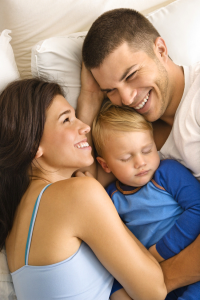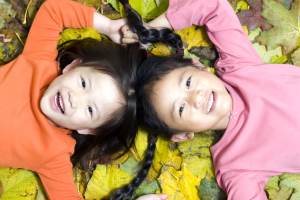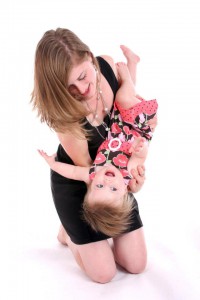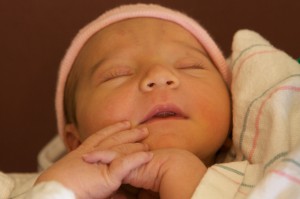“Have no fear of perfection, you’ll never reach it.” – Salvador Dali
Children do not have this fear. I think it spills over to being a parent, too. I have learned by trial and error to not be afraid. I am not a perfect parent, nor will I ever be.
When my son paints, he does it so organically and naturally. I usually let him have his way with the water colors, crayons, and water mixing cups. It gets messy — real messy.
He knows what colors he wants to use and how to curve the crayon to meet his own needs. He bends and turns, creating his own masterpieces. I will admit, I often am not supervising him directly when he is painting. He has a table in the art room/office. When I am writing, he is creating. We are in the same room. I set up his materials in the respect of leaving brushes out, often uncleaned. He figures it out. He’ll ask me when he needs some help or fresh water. Most of the time, he says, “I’ll do it all myself.” He is three.
I am often amazed at his creations. I like to think he is a natural, but all children are natural artists.
“Every child is an artist, the problem is staying an artist when you grow up.” – Pablo Picasso
I am trying to think of ways art and creativity can translate into parenting. I believe Attachment Parenting has been a natural process for my family. We had the tools, and the art was created. We have used the Eight Principles in our life and have selected the “colors” which are our favorites. You do not have to practice all eight Principles to get certified as an AP parent. There is no certification. Some parents only use a couple principles, some use all eight of them.
My husband and I are practicing gentle discipline. At times, it is frustrating. At times, I wonder how fear would be more effective. But we guide and teach and teach and guide. Sometimes we are left with bite marks and exhausted sighs, but we know we are creating our own masterpiece. Our son is a blank canvas and the colors we choose will have an effect on him. We choose each color from the parent palette carefully.
So, I leave you with an art show of some of my son’s artwork.
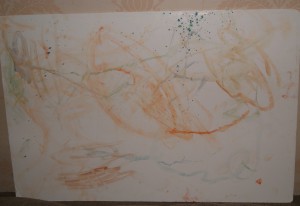
Principle 1: Prepare for Pregnancy, Birth, and Parenting
Become emotionally and physically prepared for pregnancy and birth. Research available options for healthcare providers and birthing environments, and become informed about routine newborn care. Continuously educate yourself about developmental stages of childhood, setting realistic expectations and remaining flexible.

Principle 2: Feed with Love and Respect
Breastfeeding is the optimal way to satisfy an infant’s nutritional and emotional needs. “Bottle Nursing” adapts breastfeeding behaviors to bottle-feeding to help initiate a secure attachment. Follow the feeding cues for both infants and children, encouraging them to eat when they are hungry and stop when they are full. Offer healthy food choices and model healthy eating behavior.
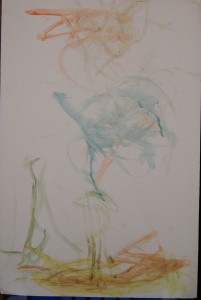
Principle 3: Respond with Sensitivity
Build the foundation of trust and empathy beginning in infancy. Tune in to what your child is communicating to you, then respond consistently and appropriately. Babies cannot be expected to self-soothe; they need calm, loving, empathetic parents to help them learn to regulate their emotions. Respond sensitively to a child who is hurting or expressing strong emotion, and share in their joy.
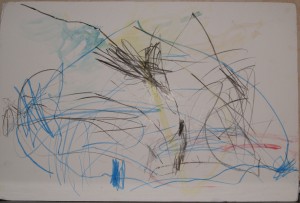
Principle 4: Use Nurturing Touch
Touch meets a baby’s needs for physical contact, affection, security, stimulation, and movement. Skin-to-skin contact is especially effective, such as during breastfeeding, bathing, or massage. Carrying or babywearing also meets this need while on the go. Hugs, snuggling, back rubs, massage, and physical play help meet this need in older children.
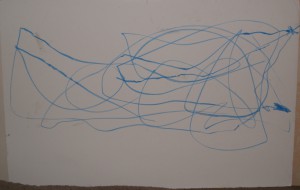
Principle 5: Ensure Safe Sleep, Physically and Emotionally
Babies and children have needs at night just as they do during the day — from hunger, loneliness, and fear, to feeling too hot or too cold. They rely on parents to soothe them and help them regulate their intense emotions. Sleep training techniques can have detrimental physiological and psychological effects. Safe co-sleeping has benefits to both babies and parents.
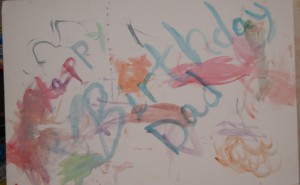
Principle 6: Provide Consistent and Loving Care
Babies and young children have an intense need for the physical presence of a consistent, loving, responsive caregiver: ideally a parent. If it becomes necessary, choose an alternate caregiver who has formed a bond with the child and who cares for him in a way that strengthens the attachment relationship. Keep schedules flexible, and minimize stress and fear during short separations.
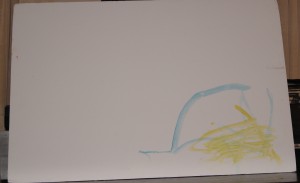
Principle 7: Practice Positive Discipline
Positive discipline helps a child develop a conscience guided by his own internal discipline and compassion for others. Discipline that is empathetic, loving, and respectful strengthens the connection between parent and child. Rather than reacting to behavior, discover the needs leading to the behavior. Communicate and craft solutions together while keeping everyone’s dignity intact.
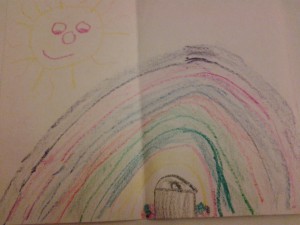
I drew this when I was a kid. My mom saved all my art.
Principle 8: Strive for Balance in Personal and Family Life
It is easier to be emotionally responsive when you feel in balance. Create a support network, set realistic goals, put people before things, and don’t be afraid to say “no.” Recognize individual needs within the family and meet them to the greatest extent possible without compromising your physical and emotional health. Be creative, have fun with parenting, and take time to care for yourself.
“Creativity is more than just being different. Anybody can plan weird; that’s easy. What’s hard is to be as simple as Bach. Making the simple, awesomely simple, that’s creativity.” – Charles Mingus
* Descriptions of each Principle under each painting are from www.attachmentparenting.org.

